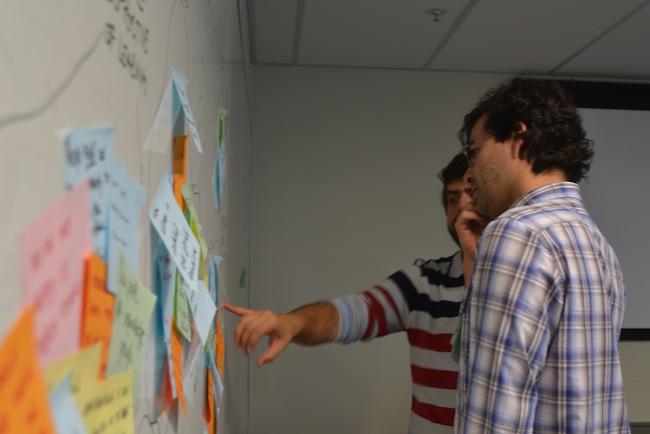Disclaimer: The statements and opinions expressed in this article are those of the author(s) and do not necessarily reflect the positions of Thoughtworks.

It is common for agile teams to adopt a number of ceremonies, and usually they are chosen by team members.The purpose of each ceremony is specific and I shall now explore Retrospectives and the role of the facilitator in this kind of meeting.
A Retrospective is a ceremony held at the end of each iteration in an agile project. The general purpose is to allow the team, as a group, to evaluate its past working cycle. In addition, it’s an important moment to gather feedback on what went well and what did not. Finally, retrospective is a moment for the team to define actions that may fix or improve things identified as negative.
The three items above convey the general purpose of the work a facilitator is supposed to perform in a retrospective. Nonetheless, retrospective is a good moment to assess other items important for the team and key to sucess, such as the team's self-esteem, its confidence regarding team, product and delivery and both mutual trust and focus of tension among the members.

The facilitator is key role in holding a sucessful retrospective. It is the facilitator's responsability to help the team keep the discussion focused and productive.
Thinking about the role and responsabilities of a retrospective facilitator, I came up with a list of 5 important reminders for an unexperienced facilitator:
For you that's starting to study more about this theme, I recommend the material that is in here. If you want to do your retrospective in a different and funny way, there is this great material by Thoughtworkers Paulo Caroli e Tainã Caetano.
Lastly, the improvement cycle is applicable for you too! Enjoy and use this to get feedbacks at the end of ceremony about your performance as a facilitator. Keep in mind that you can also evolve in your role and surely your team will contribute (a lot) to this.
Disclaimer: The statements and opinions expressed in this article are those of the author(s) and do not necessarily reflect the positions of Thoughtworks.
